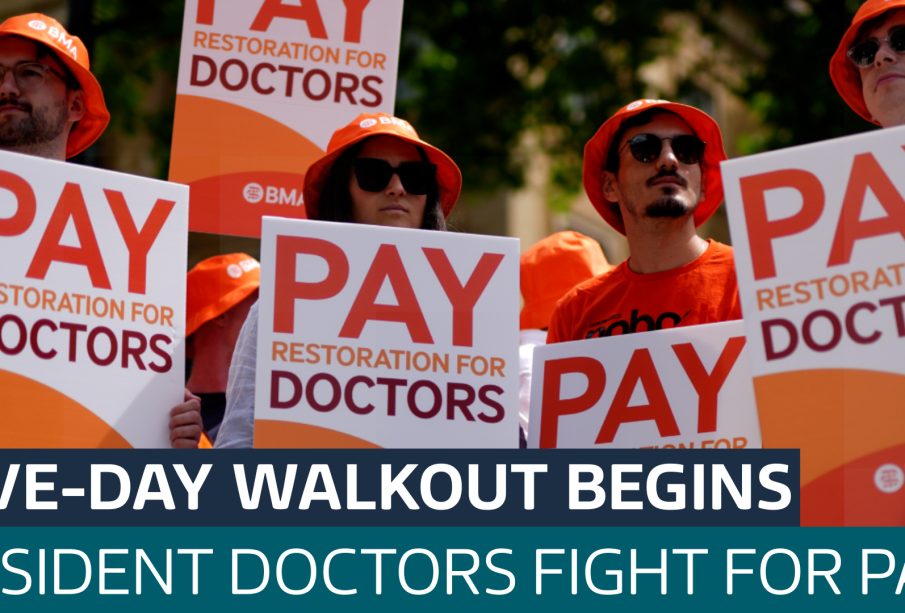Understanding the Recent Resident Doctors Strikes

The Importance of Resident Doctors Strikes
The ongoing strikes by resident doctors across various countries highlight critical issues within the healthcare sector. These strikes have gained significant attention due to concerns regarding working conditions, pay, and the overall quality of patient care. As a crucial component of the healthcare workforce, resident doctors play a vital role in hospitals, and their grievances, if left unaddressed, may have profound implications for public health and patient safety.
Current Events in Resident Doctors Strikes
In the UK, resident doctors have been participating in strikes demanding better pay and reduced working hours. The British Medical Association (BMA) reports that many junior doctors often work over 80 hours per week, which is detrimental to their physical and mental health. On October 10, 2023, thousands of doctors across England commenced a full-day strike, which is the first of its kind in over a decade. This move follows unsuccessful negotiations between the BMA and the government regarding salary increases and improved working conditions.
In the United States, a similar situation has unfolded. Many residency programs in states like California and New York saw their resident doctors walking out in solidarity, echoing concerns about long hours and inadequate stipends. With debt levels from medical school hitting an all-time high, many young doctors are left feeling overwhelmed by their financial burdens.
Impact on Healthcare Services
The strikes have created a substantial backlog in non-emergency medical services as elective surgeries and routine appointments have been postponed. NHS England has reported that patient appointment cancellations have increased by 30% since the strikes began. Hospitals are now facing increased pressure to address healthcare inefficiencies exacerbated by the absence of the resident doctors who provide essential care.
Patients are increasingly expressing their frustration, and both healthcare systems and governments are under scrutiny to resolve the issues affecting these vital healthcare providers.
Looking Ahead
The future of resident doctors strikes appears uncertain, with more labour actions likely if demands are not met. Both the BMA in the UK and various medical associations in the US stress that without systemic changes—including improved compensation and working conditions—the healthcare workforce will continue to dwindle as burnout and attrition rates increase. The medical community is urging stakeholders to take these strikes seriously to prevent further destabilisation of healthcare services.
In conclusion, the resident doctors strikes underline a significant crisis in the healthcare system where the welfare of its workers directly impacts patient care. With no immediate resolution in sight, stakeholders must prioritise dialogue to create an environment that supports healthcare professionals, ultimately benefiting the very patients they serve.





